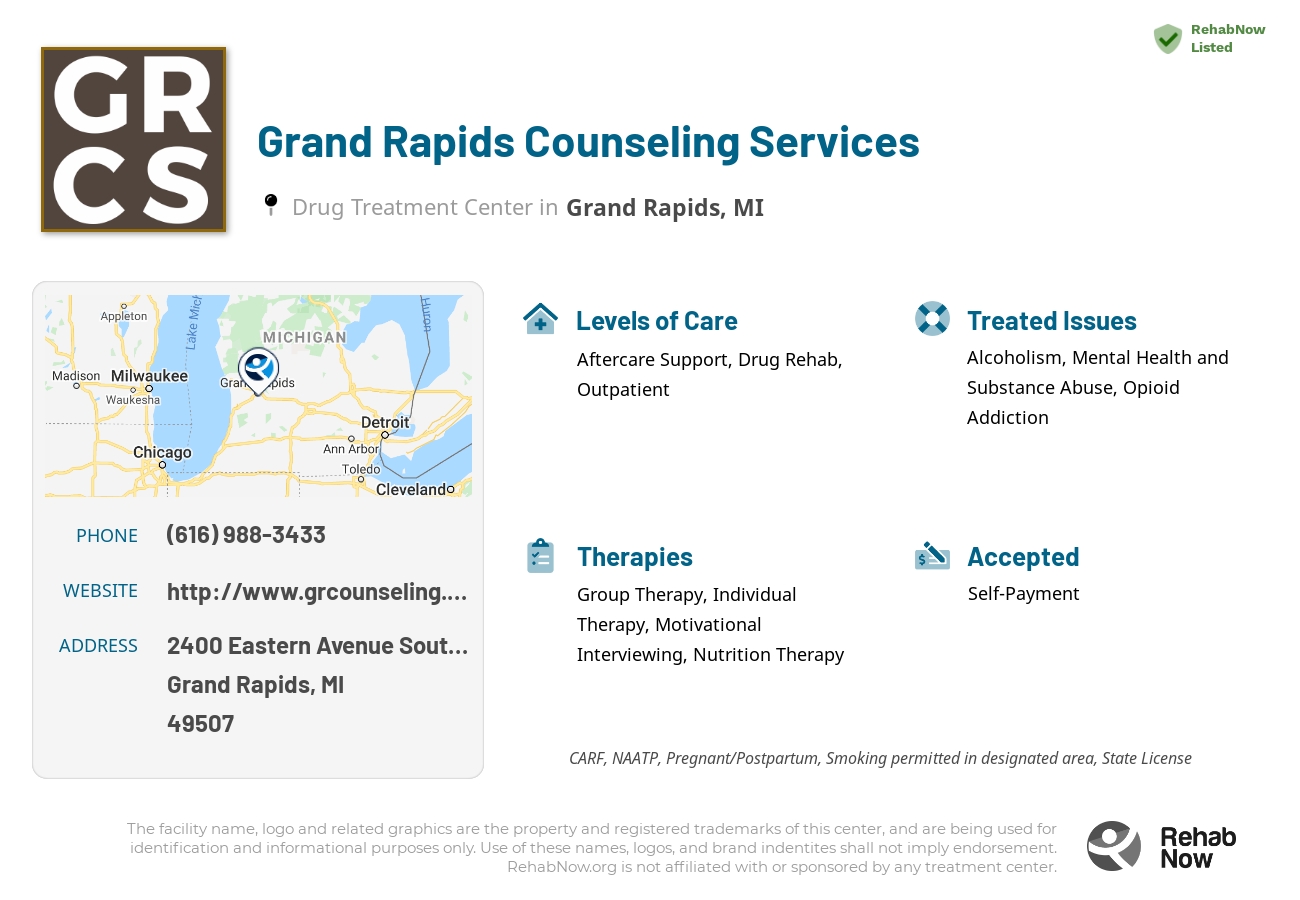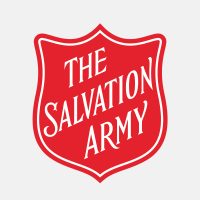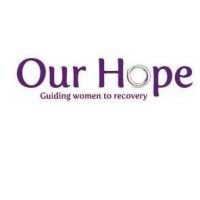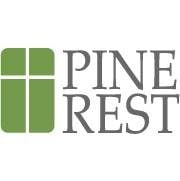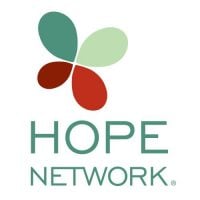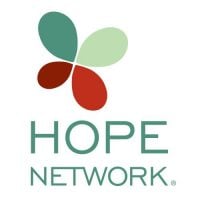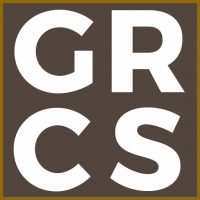
Grand Rapids Counseling Services
Drug Rehab Center in Grand Rapids, Michigan
- Opioid Addiction
- Dual Diagnosis
- Drug Addiction
- Alcoholism
Grand Rapids Counseling Services is an accredited outpatient treatment center in Michigan, providing personalized care for substance abuse and addiction through therapy, counseling, medication-assisted treatment, and holistic interventions, as well as specialized services and an extensive aftercare program.
About This Michigan Facility
Grand Rapids Counseling Services is a licensed outpatient treatment center located in Grand Rapids, Michigan that specializes in providing personalized care for individuals struggling with substance abuse and addiction. With therapy, counseling, relapse prevention and prevention education services, they provide evidence-based treatment including individual, group, couples, and family counseling. Grand Rapids Counseling Services also offers medication-assisted treatment and medication management. Their experienced counselors and therapists focus on creating customized treatment plans that are tailored to each individual's unique situation.
At Grand Rapids Counseling Services, clients are provided with an understanding, compassionate, and safe environment to work through the challenges of addiction. In addition to traditional therapies, their holistic approach to treatment includes interventions such as stress reduction, nutrition, mindfulness, and contemplation. They also provide an extensive aftercare program to support individuals post-treatment and promote long-term recovery. Furthermore, many of their counselors are credentialed to provide specialized services such as dual diagnosis treatment, trauma recovery, stress management, and conflict resolution.
Grand Rapids Counseling Services is a nationally accredited outpatient treatment facility, licensed by the State of Michigan and recognized as a JCAHO Certified Medical Facility. They are also certified by the Michigan Substance Abuse and Mental Health Services Administration (SAMHSA) and have received numerous awards including the President's Award for Excellence in Public Service, the Health Care Hero Award, and the National Quality Improvement Award. Additionally, Grand Rapids Counseling Services is currently working towards becoming a certified Trauma Center with specific attention to trauma-focused cognitive behavioral therapy.
Genders
Ages
Modality
Additional
Conditions and Issues Treated
Opioid addiction is the result of repeated use, or abuse, of opioid drugs. It is recommended for people who are dependent on opioids, or who have a high risk for dangerous health concerns, to seek professional treatment. Treatment plans usually include behavioral therapy and medication-assisted treatment.
Opioid drugs include: fentanyl, heroin, methadone, oxycodone, and oxymorphone.
Opioid addiction treatment is beneficial for:
- People who have a history of severe withdrawal.
- People with a high risk for dangerous health concerns.
- People having difficulty overcoming opioid addiction on their own.
Levels of Care Offered at Grand Rapids Counseling Services
This center offers a variety of custom treatment tailored to individual recovery. Currently available are Aftercare Support, Drug Rehab, Outpatient, with additional therapies available as listed below.
The outpatient programs in Grand Rapids, MI are for those addicted drugs or alcohol. The goal of the outpatient rehabilitation program is to make them stop abusing drugs or alcohol, reduce drug use or addictive behaviors, and become entirely sober. It is generally required to attend the outpatient program for 10-12 hours every week.
Patients can be administered on-the-spot medication to ease withdrawal symptoms such as anxiety, increased heart rate, and even depression. Groups such as Alcoholics Anonymous (AA) and Narcotics Anonymous (NA) can be used as a part of outpatient treatment to help maintain sobriety.
Aftercare support is a service many addicts need to ensure their success at recovery. This service usually includes one-on-one or group therapies, assistance from a sponsor and other types of help designed to make sure the patient continues living a life free from drugs.
Patients also may require medication to help them battle addiction. Some people have been able to successfully recover without additional medications, but others have found that they need help during their transition. Long-term, the patient must take the initiative to attend meetings and receive help from other addicts in recovery.
Therapies & Programs
People in addiction recovery can benefit from individual therapy. This type of therapy involves meeting with a therapist one-on-one. This allows for a personal and trusting relationship to be built so that the patient can be truly themselves and express any emotions they feel. Individual therapy leads to greater understanding and peace about your triggers for addiction and coping strategies to prevent relapse.
Group therapy sessions are held in rehab facilities, clinics, churches or community centers that offer drug addiction treatment. People who attend these groups are encouraged to voice their feelings and support other addicts in recovery. This helps group members strengthen their own recovery program while cheering on others who are struggling with sobriety.
Group therapy sessions provide recovering addicts with a chance to cope with everyday situations that many face. Group therapy sessions are held in rehab facilities, clinics, churches or community centers that offer drug addiction treatment.
People who attend these groups are encouraged to voice their feelings and support other addicts in recovery. This helps group members strengthen their own recovery program while cheering on others who are struggling with sobriety.
Cognitive Behavioral Therapy (CBT) helps addicts identify faulty, negative thinking so that they can work together with the therapist to find healthier ways of thinking. CBT focuses on specific aspects of each person’s thinking, feeling, physiology, and behavior. It aims to identify specific problems in these areas, and create a personalized treatment strategy.
Addicts often experience intense cravings for sugary foods during recovery. By teaching addicts how to eat well and stay healthy, therapists can help them manage their cravings over the course of treatment.
During these sessions, Grand Rapids, Michigan dietitians and therapists will offer advice about healthy eating options and teach addicts how to make specific changes in their diet that can help reduce the effects of cravings during recovery.This type of therapy is often used in conjunction with other types of addiction treatment services. By identifying specific triggers and developing strategies to help addicts avoid relapse, most individuals can overcome their cravings and stay sober for good after they finish rehab.
The first step to becoming a non-smoker is the choice to quit smoking. Nicotine replacement therapies are effective because they provide you with the nicotine you are addicted to without inhaling carcinogens from cigarettes.
There are several types of NRT. These include:
- Nicotine gum
- Nicotine patches (transdermal systems)
- Nasal spray
- Lozenges
The benefits to using NRT can include:
- Reduce the risk of heart disease and cancer
- Reduce the anxiety and irritability associated with quitting smoking
- Reduce the risk of type II diabetes.
- Improved fertility in women
Payment Options Accepted
For specific insurance or payment methods please contact us.
Additional Details
Specifics, location, and helpful extra information.
Grand Rapids, Michigan 49507 Phone Number(616) 988-3433 Meta DetailsUpdated November 25, 2023
Staff Verified
Patient Reviews
There are no reviews yet. Be the first one to write one.
Grand Rapids, Michigan Addiction Information
Michigan has the second-highest rate of drug and alcohol abuse in the nation. Heroin is linked to more than 50% of the state's hepatitis C cases. Marijuana is the drug most often associated with crimes in Michigan, followed by methamphetamines. Opioids alone are responsible for almost 20% of all drug overdose deaths in Michigan.
In 2012, there were 97 drug-related deaths in Grand Rapids, Michigan. There are 9,518 hospitalizations due to drug abuse that same year. The most common drugs of abuse are heroin, marijuana, and prescription drugs. There are many different types of drug addiction, and each one requires a specific approach to treatment. The goal of treatment is to help the individual overcome their addiction and learn how to live a sober life.
Treatment in Nearby Cities
- Canton, MI (118.0 mi.)
- Walled Lake, MI (113.2 mi.)
- Novi, MI (114.5 mi.)
- Ishpeming, MI (266.0 mi.)
- Commerce Township, MI (112.2 mi.)
Centers near Grand Rapids Counseling Services
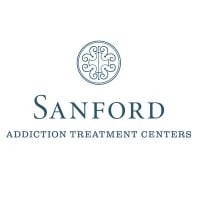


The facility name, logo and brand are the property and registered trademarks of Grand Rapids Counseling Services, and are being used for identification and informational purposes only. Use of these names, logos and brands shall not imply endorsement. RehabNow.org is not affiliated with or sponsored by Grand Rapids Counseling Services.

